The symptoms started slowly, almost imperceptibly, infiltrating Joanne’s behaviour when she was still in her 30s, and busy with her three small children. “I remember Mum fidgeting, constantly, always tapping her foot,” says her elder daughter, Tonia Barton, 38. “Then she had a series of small car accidents, just little dings, but it became clear to us that her sense of coordination was deteriorating.”
Tests revealed a shattering diagnosis: Joanne had Huntington’s Disease, an incurable neurological condition that damages nerve cells in the brain, progressively destroying a sufferer’s ability to think and move and eat. “At first I felt numb,” says Tonia, who was 19 at the time. “Then I felt a deep sadness for the future that we wouldn’t have. Meeting for coffee, weekends together – all the little things.”
Yet this terrible news wasn’t the only shock in store for Tonia and her family.
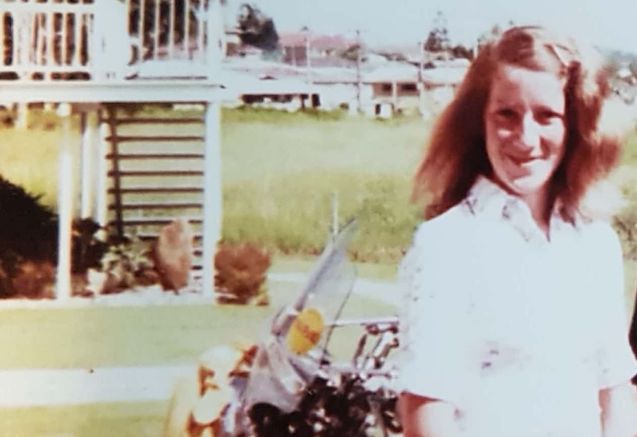
Joanne, who died aged just 53, was one of eight children and after her diagnosis, each of her seven siblings chose to undergo testing to see if they, too, had inherited the Huntington’s gene. As it’s a gene transmitted from a parent, they knew there was a 50/50 chance they’d share their sister’s fate.
Happily, every single one of the tests came back clear. But with the relief came the dawning realisation that at least one of them should have inherited the Huntington’s gene. It was highly unlikely that not a single one of the seven other kids would have it.
“I called my dad, and he said, ‘Ah, I’ve been expecting this call,’” says Tonia. But it wasn’t until Tonia and another relative took a DNA test through online websites 23andme and Ancestry.com that their suspicions were confirmed: Joanne was the result of an affair, and must have received the fatal gene from the man her mother had slept with.
So the man that she had grown up believing to be her dad, and that Tonia had known her entire life as gentle, loving grandfather Pop, wasn’t biologically related to them at all.
Joanne was the result of an affair, and must have received the fatal gene from the man her mother had slept with
While Tonia at least had the chance to prepare for this news, others aren’t so fortunate. In the last few years, as direct-to-consumer DNA testing through sites like Ancestry.com has exploded, thousands of people have discovered family secrets they had no idea existed.
A simple test
Taking the test is easy: you spit the required amount of saliva into a tube, mix it with a blue solution and post it off. A few weeks later, you receive an email letting you know your results are ready. This contains information about your ethnic make-up, health and – if you choose – the names of other people you’re related to in your family tree.
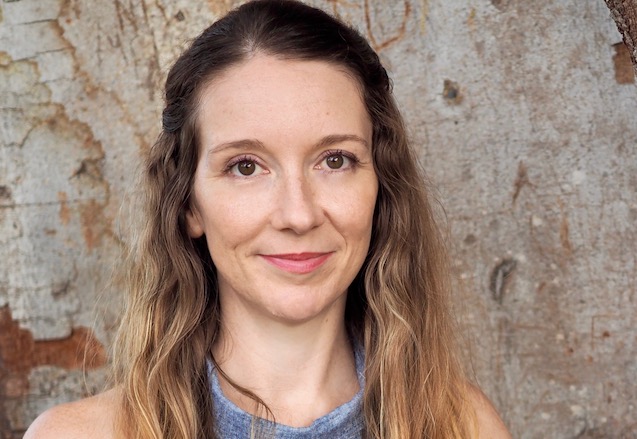
For the increasing number of budding genealogists out there, this is a fun way to know more about your ancestry. But sometimes the test reveals much more than expected.
“There are people who didn’t know they were donor conceived, or people who didn’t know they were adopted,” says Catherine St Clair, who runs a support organisation, NPE Friends Fellowship, for people who’ve experienced what she calls a ‘Not Parent Expected’ event. “There are people who were switched at birth, or surrogate-conceived, or who were brought up with an older sister who was actually their mum.”
As the family genealogist, living in Texas, US, Catherine experienced her own DNA shock when she was given a test as a well-meaning gift from her siblings one birthday. None of them had any inkling that they were actually half-siblings, rather than full, and as their parents were dead there was no one who could immediately explain the result.
“Initially, I was hurt and angry, and a really common occurrence among people who have this discovery is the sense of betrayal, a feeling that they’ve been lied to,” she told me as she talked about her feelings towards her mum. “The one person who’s supposed to be your anchor, that you’re supposed to be able to count on, has lied to you your entire life.”
There are people who were switched at birth, or surrogate-conceived, or who were brought up with an older sister who was actually their mum – Catherine St Clair
Ancestry.com and 23andMe offer warnings about unexpected results, and users have to choose to link their results to a family tree on site. But as genealogist Helen Smith told me: “Most people don’t read the terms and conditions. If people think about it at all, they think it won’t happen to me.”
An unexpected answer
When *Eleanor raised the idea of buying DNA tests for her dad and brother at Christmas, her mum was uncharacteristically reticent. “She kept saying, ‘Do you think Dad would like it?’ I thought that was weird, but I figured maybe they didn’t understand how the science works and how interesting it is,” she says.
The PhD student, 32, had been fascinated by her family tree since she was a child, when she worked on it with her grandfather, and when the DNA results pinged into her inbox a few months later she opened them excitedly. “There were lots of matches on my mum’s side, but none from my dad’s. And there was a first cousin I’d never heard of, and that was like a huge red flag.”
Anxious and confused, Eleanor called her mum. “She kept dodging the question, and then I said firmly, ‘Is there a chance that Dad is not my biological father?’ She said, ‘Well, there’s a small chance.’ I was very upset. I think I started crying.”
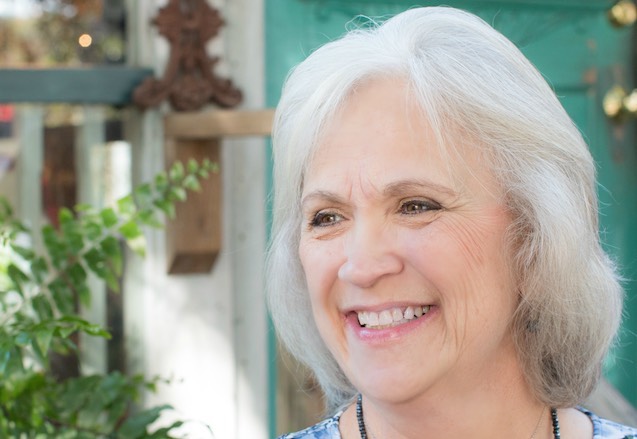
Eleanor’s parents told her she’d been conceived as a result of an IVF treatment with a mix of her husband’s and another anonymous man’s sperm, and despite their assurances that they loved her unconditionally, Eleanor was devastated. “The only way I can explain how this knowledge felt to me is to compare it with a death,” she says. “I felt as though I had lost my paternal grandparents all over again, with this devastating realisation that I was not their granddaughter, and that the aunts, uncles, cousins, and father I love so dearly do not share the same blood as that which runs in my own veins. It was a loss of all of this, and a part of me that is very deep, formed from the time I was a child…. My own personal narrative about myself, and who I was. I felt as though a large part of me had died.”
Although she still speaks to her mother frequently, Eleanor feels their relationship has become more superficial, where once they talked most days. She remains ambivalent about the experience of discovering the truth about her heritage. “I am looking to get to know my ‘new’ aunts and cousins, but this is a small consolation for the pain and hurt I have felt,” she says. “All in all, I wish it had gone differently, but I suppose it is better to know the truth. I think with more time it will become less difficult.”
The only way I can explain how this knowledge felt to me is to compare it with a death
Discoveries like this can recast your entire history, in ways you would never expect, says Shona Smith, 48, a radio producer from Sydney. Her father discovered his father wasn’t his biological dad via an Ancestry test he was given for Christmas, too – his biological dad was actually a naval seaman from the UK, who visited Sydney at the end of WW2. “You don’t realise the importance of your surname and family history on your sense of identity and who you are as a person,” she says. “My son has my maiden name as his middle name – but that never was my name, really. I always wondered about my red hair, and it’s a trait of my ‘new’ family.”
Catherine describes this sense of dislocation vividly: “I couldn’t look in the led mirror for the longest time… because I kept seeing a ghost. I took for granted that what I was looking at was my parents, and now half of what I was seeing, I didn’t know who that was.”
An older generation’s secrets
All of the women I interviewed for this story were sympathetic towards the particular circumstances that caused their parents and grandparents to keep these secrets for so many years. “My grandmother was 82 when she died,” says Shona. “To hold that secret all your life – that must have affected her.”
There was a great deal of shame attached to affairs and illegitimacy back then, says psychologist Colleen Murphy, who has helped several patients to cope with the fallout from a DNA test. Over time, she adds, those people who are carrying a secret can persuade themselves that the omissions and half-truths they use to conceal it are actually true; this is part of a phenomenon known as cognitive dissonance. “They have to believe it, in a way, because they’re living with [the secret] every day. Humans strive for internal psychological consistency in order to function in the world, so they convince themselves that the story they tell themselves is true.”
In the end, most people prefer to know the truth about their past, however difficult. “I want to know who my grandfather was, because he’s part of me,” says Tonia simply. Catherine has since met two new half-sisters and now uses her experience to help others cope with DNA shock, through her work with the foundation and media interviews. I ask her if she sometimes wishes she hadn’t taken the test. “I absolutely would do it all again,” she says, vehemently. “I would rather live a difficult truth than a comfortable lie.”




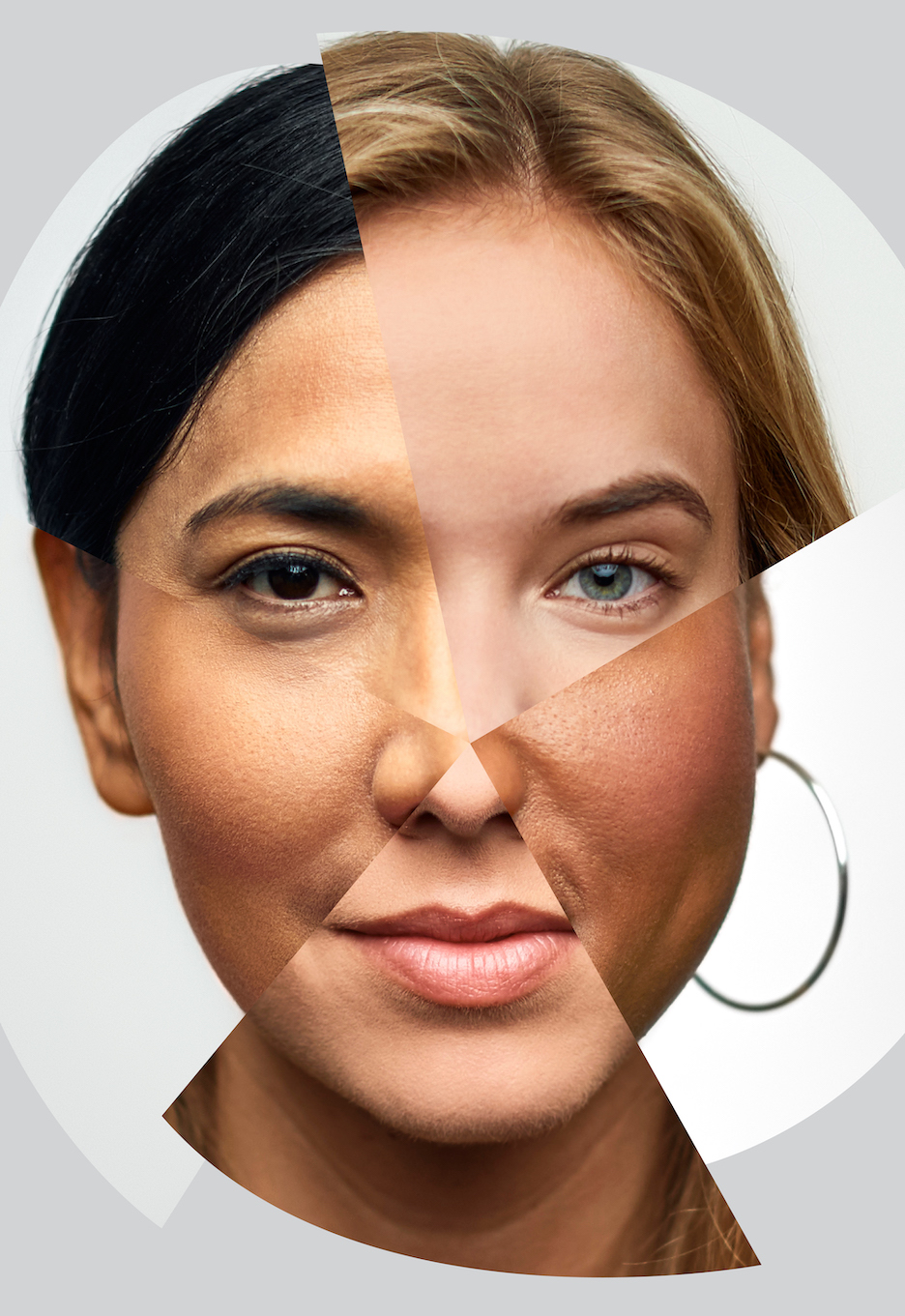
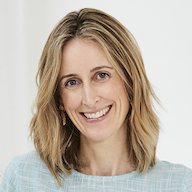


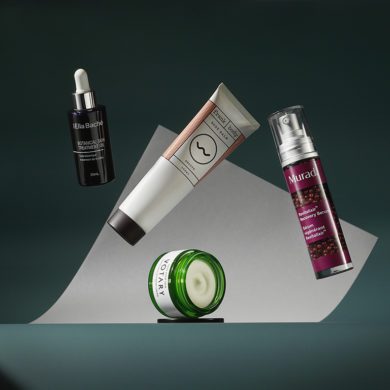
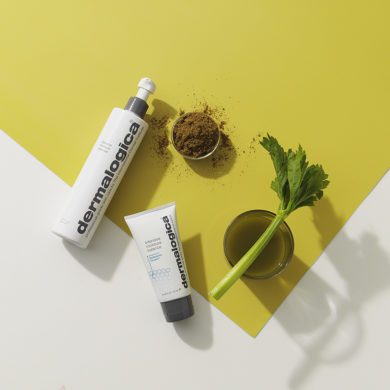
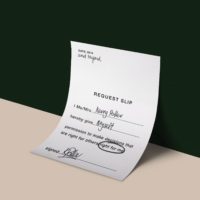

2 Comments